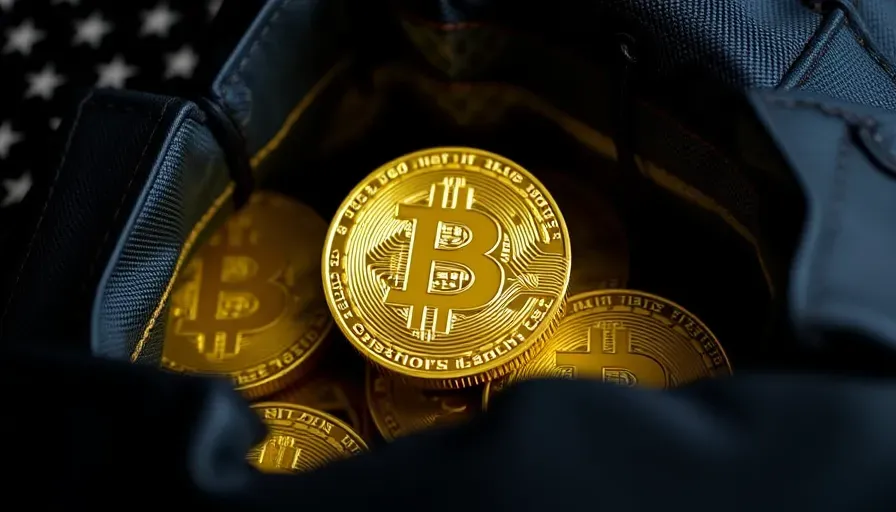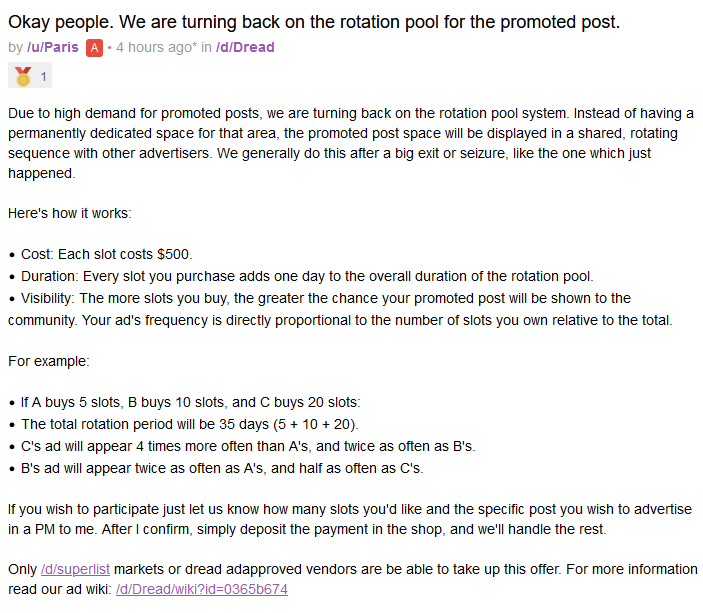Federal Agencies Quietly Transfer 10,000 Bitcoin
The U.S. government recently transferred 10,000 Bitcoin, worth nearly $600 million, to a Coinbase account, raising concerns about the lack of transparency and potential market manipulation. #BitcoinTransfer #GovernmentSecrets #CryptoMarket

The U.S. government has recently transferred a significant 10,000 Bitcoin, valued at close to $600 million, from its controversial seizure of the Silk Road marketplace to a Coinbase Prime account.

This transfer, conducted with minimal transparency and public notification, has prompted serious concerns about the motivations behind such a maneuver.

Government Secrecy, What Are They Hiding?
Despite the government's claims of routine asset liquidation, the covert nature of this transaction suggests otherwise. Critics argue that this action reflects a broader strategy to manipulate the cryptocurrency market, raising questions about the true extent of federal involvement in digital currencies. The lack of oversight and transparency is particularly troubling, as it hints at potential misuse of power.
Further complicating the situation is the origin of the Bitcoin itself. The funds were transferred from the address 1FeexV6bAHb8ybZjqQMjJrcCrHGW9sb6uF, an address famously linked to the Mt. Gox hack, one of the largest cryptocurrency heists in history. This connection raises even more questions about the ethics and intentions behind the government's actions.
Law Enforcement: Guardians or Manipulators?
While federal agencies assert that their primary goal in seizing assets from criminal enterprises like Silk Road is to disrupt illegal activities, the lack of transparency surrounding these transfers suggests otherwise. It's becoming increasingly clear that the government may be using these assets not just to dismantle criminal networks but to exert control over the crypto markets.
Recent patterns reveal that large quantities of seized Bitcoin are often liquidated through major exchanges like Coinbase. These actions frequently align with significant market movements, leading to accusations that the government is more than just a passive actor in the cryptocurrency space. The connection to the Mt. Gox hack, which involves billions of dollars, adds an even darker shade to these transactions, raising concerns that the government might prioritize market control over justice.
Given the financial strain on ordinary Americans, the government’s choice to hold or sell these assets without reinvesting them into the economy—such as easing inflation or funding public services—seems questionable. The public should know why these funds are not used to benefit society, especially during economic uncertainty.




